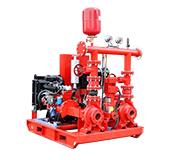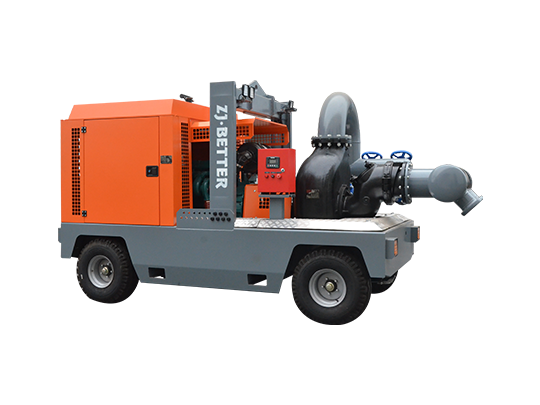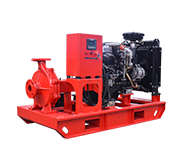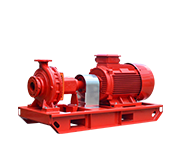-
Reduced Pressure or Flow
If the fire pump is not maintaining adequate water pressure or flow rate, it may not be performing optimally. A drop in pressure could be due to wear and tear on the pump's internal components like impellers or seals. -
Excessive Noise or Vibrations
Unusual sounds or excessive vibrations are signs of mechanical issues, such as misalignment or worn bearings. If these noises become more frequent, it may be time for a replacement to avoid further damage. -
Frequent Overheating
Fire pumps should operate within a specific temperature range. Continuous overheating could indicate motor or bearing problems. Ignoring this can lead to more extensive damage, so replacement might be the best option. -
Age of the Pump
Even with proper maintenance, fire pumps have a lifespan of around 15–20 years, depending on usage. If your pump is approaching or exceeding this age, it’s worth considering a replacement to ensure reliability. -
High Maintenance Costs
If you find that repairs and maintenance costs are consistently rising, replacing the pump may be more cost-effective in the long run, rather than spending on frequent repairs. -
Failure During Testing
Routine performance tests should be conducted according to NFPA standards. If your pump consistently fails these tests, especially under high demand, it’s a strong indicator that replacement is needed.
6 Signs You Need to Replace Your Fire Pump
2024-10-14






